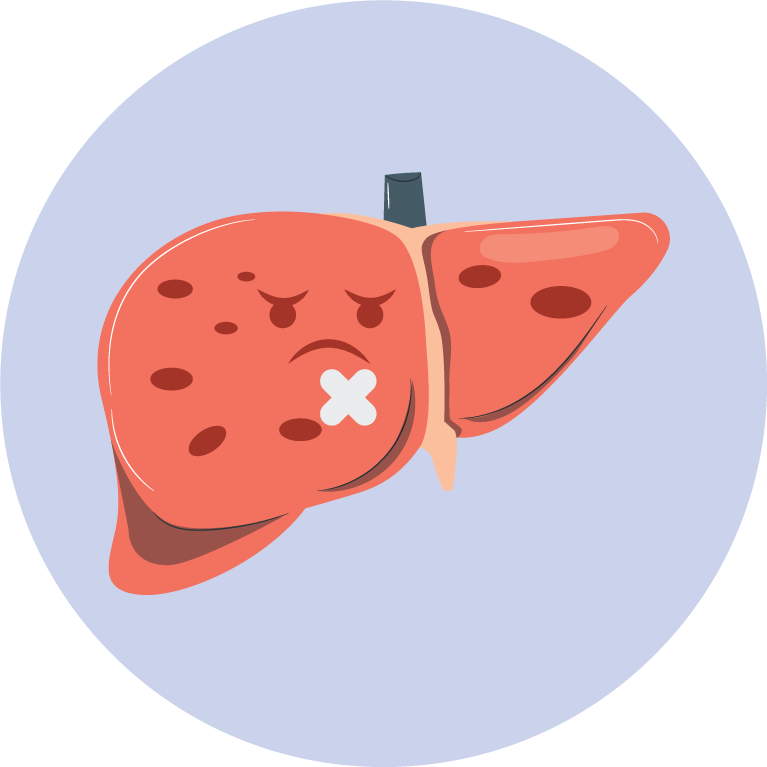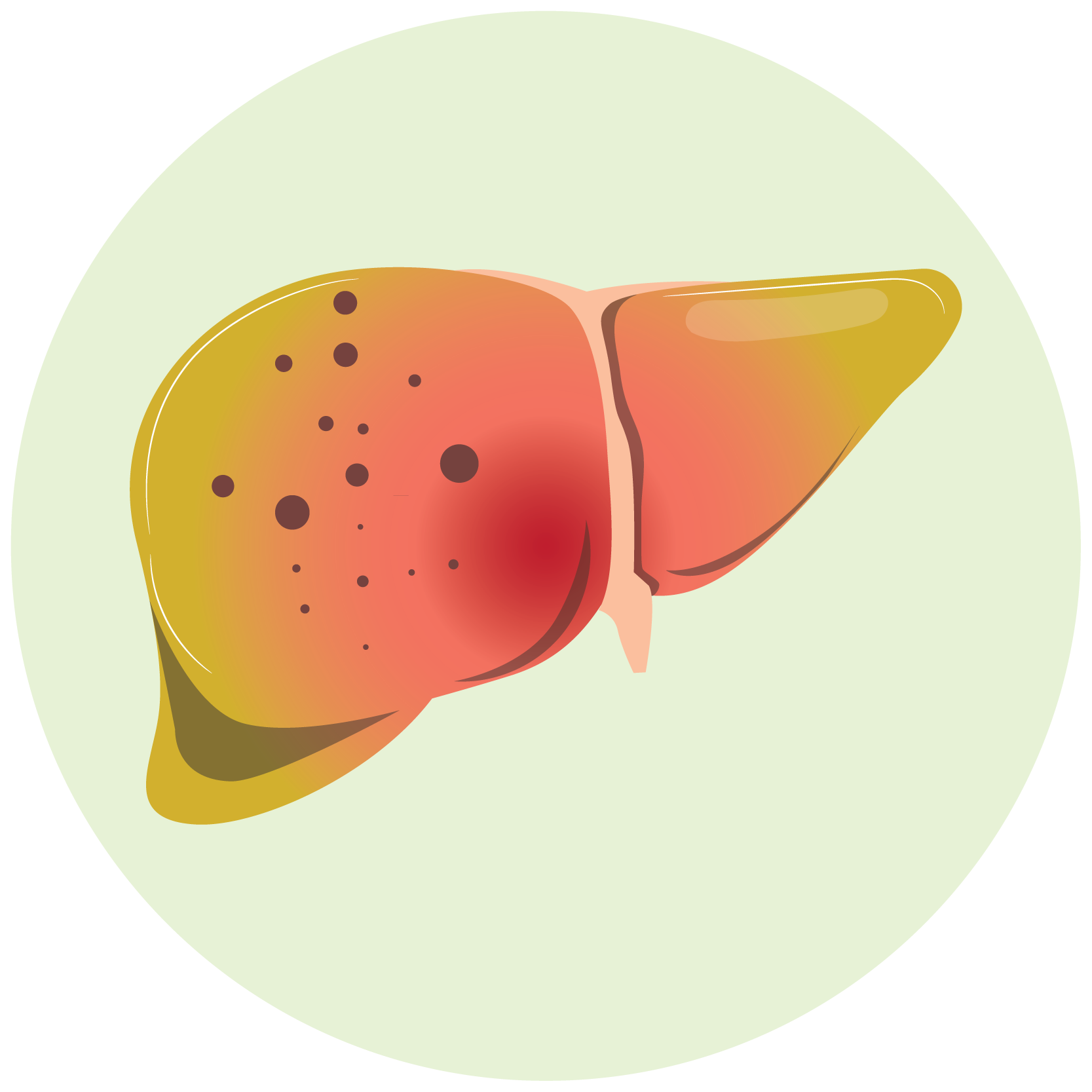Medicine details
| Image |  |
| Name | Motoral 100 |
| Dosage | Tablet |
| Generic Name | Leflunomide |
| Classes |
Immunotherapeutic Agent Antirheumatic Immunosuppressive Agent |
| Diseases |
Inflammatory Disease Rheumatoid Arthritis |
| Company | ACI Limited |
Drug Package Details
| Strength | 100 mg |
| Storage Condition | |
| Origin Country | Bangladesh |
| Commercial Pack | 10 |
| Price per pack | ৳ 200.70 |
| Cost per pack | ৳ 176.62 |
| Package unit | 10 tabs strip |
| Price per unit | ৳ 20.07 |
| Cost per unit | ৳ 17.66 |
| Discount | 0 |
| Coupon | |
| Remarks |
Leflunomide
Leflunomide belongs to the class of disease-modifying antirheumatic drugs (DMARDs). Leflunomide inhibits dihydroorotate dehydrogenase, a key enzyme involved in the de novo pyrimidine synthesis pathway. By impeding this pathway, Leflunomide suppresses the proliferation of activated lymphocytes, particularly T-lymphocytes, and reduces inflammation associated with autoimmune diseases.
Leflunomide is indicated for the treatment of rheumatoid arthritis to reduce signs and symptoms and to inhibit structural damage.
- Loading Dose: To achieve steady-state concentrations more rapidly, a loading dose is necessary due to the extended half-life observed in patients with rheumatoid arthritis (RA) and the recommended 24-hour dosing interval. Initiation of ARAVA therapy is advised with a loading dose involving the administration of one 100 mg tablet per day for three consecutive days. Omitting the loading dose regimen may reduce the risk of adverse events, a consideration particularly relevant for patients at an elevated risk of hematologic or hepatic toxicity. This includes individuals concurrently treated with methotrexate or other immunosuppressive agents or those with recent exposure to such medications.
- Maintenance Therapy: For the ongoing treatment of RA patients, a daily dosage of 20 mg is recommended. Notably, a subset of patients (n=104) subjected to a 25 mg/day regimen reported a higher incidence of side effects, encompassing alopecia, weight loss, and liver enzyme elevations. Dosages exceeding 20 mg/day are discouraged. In cases where the clinical tolerance of the 20 mg/day dose is suboptimal, a reduction to 10 mg daily may be considered. Given the protracted half-life of the active metabolite of leflunomide, patients should be closely monitored following dose reduction, as several weeks may be required for metabolite levels to diminish.
- Monitoring: Hematology parameters and liver enzymes should be monitored.
Adverse reactions of leflunomide are listed in decreasing order of frequency:
- Diarrhea
- Elevated Liver Enzymes
- Alopecia (hair loss)
- Hypertension
- Nausea
- Rash
- Headache
- Respiratory Infections
- Abdominal Pain
- Peripheral Edema
- Hepatotoxicity: Leflunomide has the potential to cause hepatotoxicity. Periodic monitoring of liver enzymes is essential, and therapy should be discontinued if significant liver enzyme elevations occur.
- Hematologic Effects: Use with caution in patients with pre-existing blood disorders. Monitor blood counts regularly.
- Teratogenicity: Leflunomide is known to cause fetal harm. Adequate contraception is recommended during treatment, and a drug elimination procedure may be necessary before attempting pregnancy.
- Interstitial Lung Disease: Cases of interstitial lung disease, including fatalities, have been reported. Monitor for respiratory symptoms.
- Immunosuppression: Increased risk of infections. Caution in patients with a history of significant or recurring infections.
Contraindication
Leflunomide is contraindicated in patients with known hypersensitivity to leflunomide or any of the other components of Leflunomide.
None known.
- Leflunomide is contraindicated in women who are or may become pregnant. If this drug is used during pregnancy, or if the patient becomes pregnant while taking this drug, the patient should be apprised of the potential hazard to the fetus.
- Leflunomide is also contraindicated in patients with severe hepatic impairment.









 Bangla
Bangla English
English